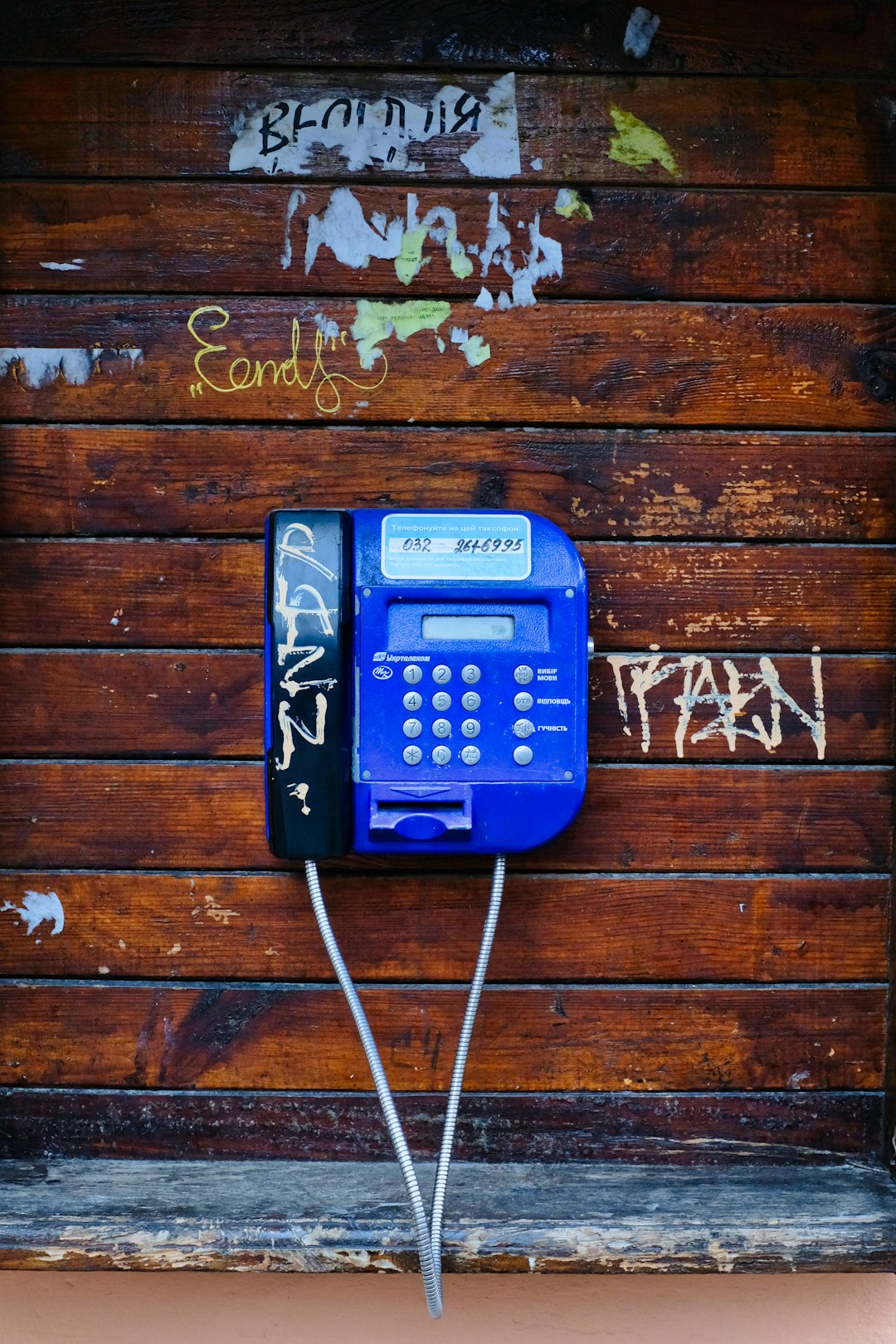Texas has stringent robocall laws under the Texas Business and Commerce Code to protect residents from unwanted automated calls. These laws align with federal regulations set by the Telephone Consumer Protection Act (TCPA) but include stricter call timing rules and specific opt-out requirements. Violators face penalties, legal action, and are urged to respect residents' choices to block such calls, fostering a peaceful phone communication environment.
In today’s digital era, robocalls have become a ubiquitous yet often unwanted nuisance. To combat this, enforcement operations targeting Texas-based robocall operations are on the rise. This article delves into the complex landscape of robocall laws in Texas, exploring the legal framework, key regulations, and penalties for non-compliance. We analyze recent enforcement actions, their impact, and provide insights into implications for businesses and consumers, ensuring responsible telemarketing practices while safeguarding consumer rights against unwanted calls.
Understanding Robocall Laws in Texas

In Texas, robocall laws are designed to protect residents from unsolicited phone marketing calls. These regulations are part of a broader effort to combat the nuisance and potential fraud associated with automated telephone dialing systems, commonly known as robocalls. The state has specific guidelines on when and how businesses can use such technology, ensuring consumers’ rights to privacy and peace.
Understanding these laws is crucial for both businesses engaging in telemarketing activities and residents receiving calls. Texas allows robocalls only if the caller obtains prior express written consent from the recipient or falls under certain exemptions, such as calls made for charitable purposes or by government agencies. Violations of these rules can result in penalties, making it essential for companies to adhere to the regulations to avoid legal issues and maintain consumer trust.
– Overview of legal framework surrounding robocalls

In the United States, the legal framework surrounding robocalls is largely governed by the Telephone Consumer Protection Act (TCPA). This federal law restricts how businesses and individuals can use automated dialing systems to make telemarketing or prerecorded calls to mobile phones and landlines. The TCPA requires explicit consent from recipients before such calls are made, with penalties for violators.
In Texas, robocall laws align closely with the TCPA but have additional provisions specific to the state. These include stricter rules on call timing and requirements for opt-out mechanisms. The Texas Attorney General’s Office actively enforces these laws, targeting operations that make unwanted or fraudulent robocalls. Recent enforcement actions highlight the state’s commitment to protecting consumers from intrusive and deceptive practices associated with automated calling campaigns.
– Key regulations and restrictions on automated calling

In Texas, robocall laws and regulations are in place to protect residents from unsolicited automated phone calls, also known as robocalls. The key regulation, outlined by the Texas Business and Commerce Code, prohibits businesses and individuals from placing automated calls using an automatic dialing system or prerecorded messages without prior explicit consent from the recipient. This means that companies must obtain permission before using robotic technology to contact Texans.
Violations of these robocall laws can result in significant fines and legal repercussions for offenders. Texas residents have the right to silence or block such calls, and businesses must respect these choices. Compliance with these regulations is crucial to ensure fair practices in telemarketing activities, promoting a peaceful and less disruptive environment for phone communications in the state.






